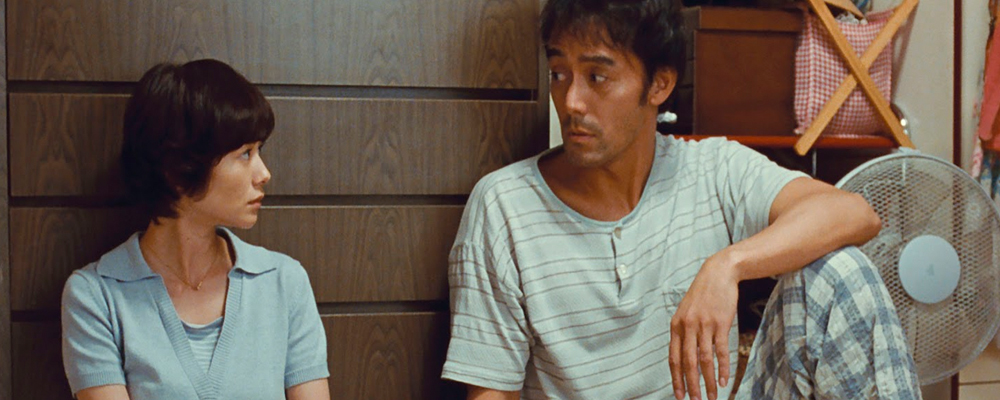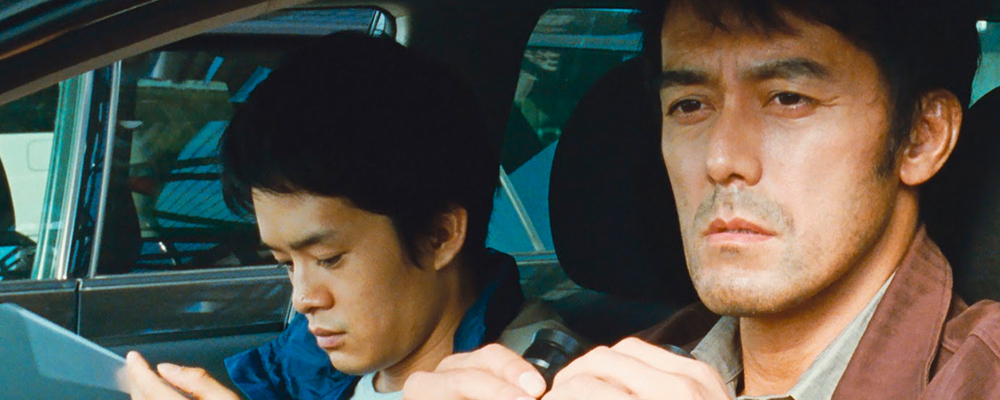‘After the Storm’ Is an Insightful, Intelligent Take on Family Drama
Monet Clayton
“A stew needs time for the flavors to sink in; so do people,” observes the sage matriarch of “After the Storm.” The same thing could be said of Hirokazu Koreeda’s filmmaking, which keeps the melancholy tale of a broken family reunited briefly by a typhoon on a slow simmer until the last act – which is sprinkled with small epiphanies about our humble existence. Featuring an uncomplicated plot and easily-relatable personalities, this is a divertissement compared to the thematic heft of Koreeda’s 2013 film “Like Father, Like Son.” Still, its gentle contemplation of life’s disappointments and human inadequacy may draw new recruits beyond the director-writer’s euro-arthouse base.
In this family drama from Japanese writer-director Hirokazu Koreeda, a rainstorm forces a struggling novelist (Hiroshi Abe) to reconnect with his recently-widowed mother (Kirin Kiki), estranged wife (Yoko Maki), and young son at the matriarch’s home. The novelist works as a private investigator, surveilling and blackmailing people, and steals from his mother to feed a gambling addiction, yet he adores his son and re-creates with him the childhood pastimes he and his father once shared. Koreeda has explored the father-son dynamic in his previous work, most notably “Still Walking“ (2008) and “Like Father, Like Son” (2013), and brings a gentle, humanist approach to the material. The film was shot in and around a low-rent housing compound in Kiyosi where Koreeda grew up, and there’s a palpable sense of connection to it. There’s also a surprising chemistry between the mother and the wife, who are bound by their common love for an impossible man.
Instead of the huge, dramatic arguments which sometimes fill family dramas, the conversations here are empathetic as the characters reveal themselves to each other. Especially touching is the relationship between father and son; Shingo, thoughtful and serious, is in many ways the opposite of his father – and the two speak to each other almost as equals.
As Yoshiko, Kiki brings warmth and wisdom to this troubled, estranged family. At one point, as Ryota muses on his failed dreams, Yoshiko wonders why men can never seem to enjoy the present: “You can’t find happiness until you’ve let go of something,” she muses. Then, she adds, “I just said something deep, didn’t I?” and goes hunting for a notebook to write it down. The viewer might have a similar reaction to “After the Storm,” watching ordinary people living ordinary lives – and even accidentally stumble across some universal truths of their own.
“After the Storm” releases in theaters March 17.


